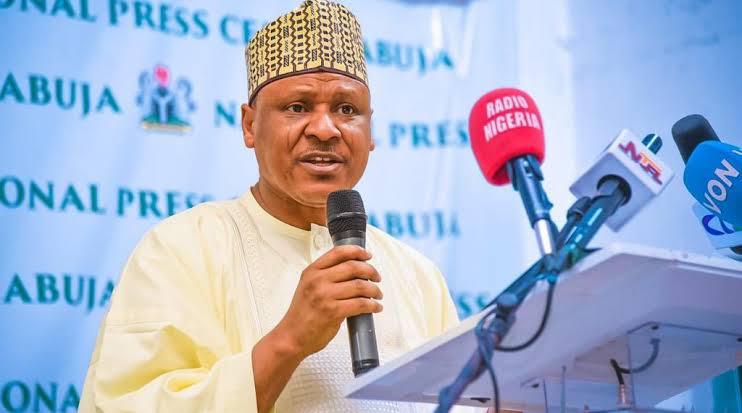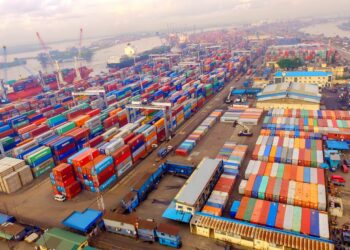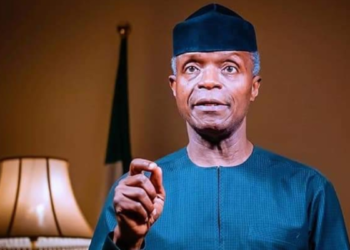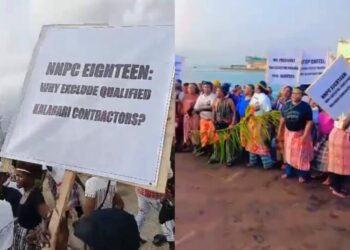The federal government has confirmed that Nigeria has fully repaid the $3.4 billion loan obtained from the International Monetary Fund (IMF) during the COVID-19 pandemic.
Speaking to State House correspondents after Monday’s Federal Executive Council (FEC) meeting, the Minister of Information and National Orientation, Mohammed Idris, said the repayment, ordered by President Bola Tinubu, reflects the administration’s dedication to financial discipline, even on liabilities inherited from previous administrations.
“President Tinubu, as usual, sees government as a continuum. He directed that the government should exit that debt, and I can report to you today (Monday) that Nigeria has indeed exited from that IMF facility,” Idris said.
“This move has boosted our credibility globally. It reassures foreign investors of Nigeria’s capacity to meet its debt obligations and improves our rating across international financial platforms.”
Idris further acknowledged public scepticism that trailed the announcement but stressed that the repayment was real and complete.
“I saw some cynicism in some quarters questioning whether this is true. I can confirm it: the debt has been paid in full,” he added.
Beyond fiscal matters, the Council also discussed the increasing role of private sector participation in infrastructure development, especially in road construction.
Idris said FEC recognised a growing appetite from private players to fund critical projects and directed relevant government agencies to create an enabling environment for such partnerships.
“The government is saying there’s an increasing need for private sector players to participate actively in national economic growth. Wherever the private sector can deploy its funds to support infrastructure, particularly roads, such opportunities should be encouraged,” he said.
In a related development, FEC expressed serious concern over the rising incidents of vandalism and theft of public infrastructure — especially the illegal removal of metals from bridges and other government-owned installations.
The minister disclosed that President Tinubu has directed the Attorney-General of the Federation to review relevant laws and consider stricter measures to criminalise the theft of government assets.
“People, under the cover of night, go to remove metallic infrastructure parts from bridges and other assets and sell them to buyers who recycle and reintroduce them into the market. This criminal enterprise is on the rise,” he said.
While some legal provisions already exist to address such crimes, the minister explained that the government was looking at those laws in greater depth to ensure enhanced enforcement and deterrence.
Additionally, the Minister revealed that FEC meetings may now hold more frequently to accelerate decision-making and address long-standing issues requiring urgent executive attention.
“Council has decided to fast-track its decision-making process. We will sit again in two days to consider more pressing matters,” he said, noting the President’s desire to clear backlogs and ensure responsive governance.





